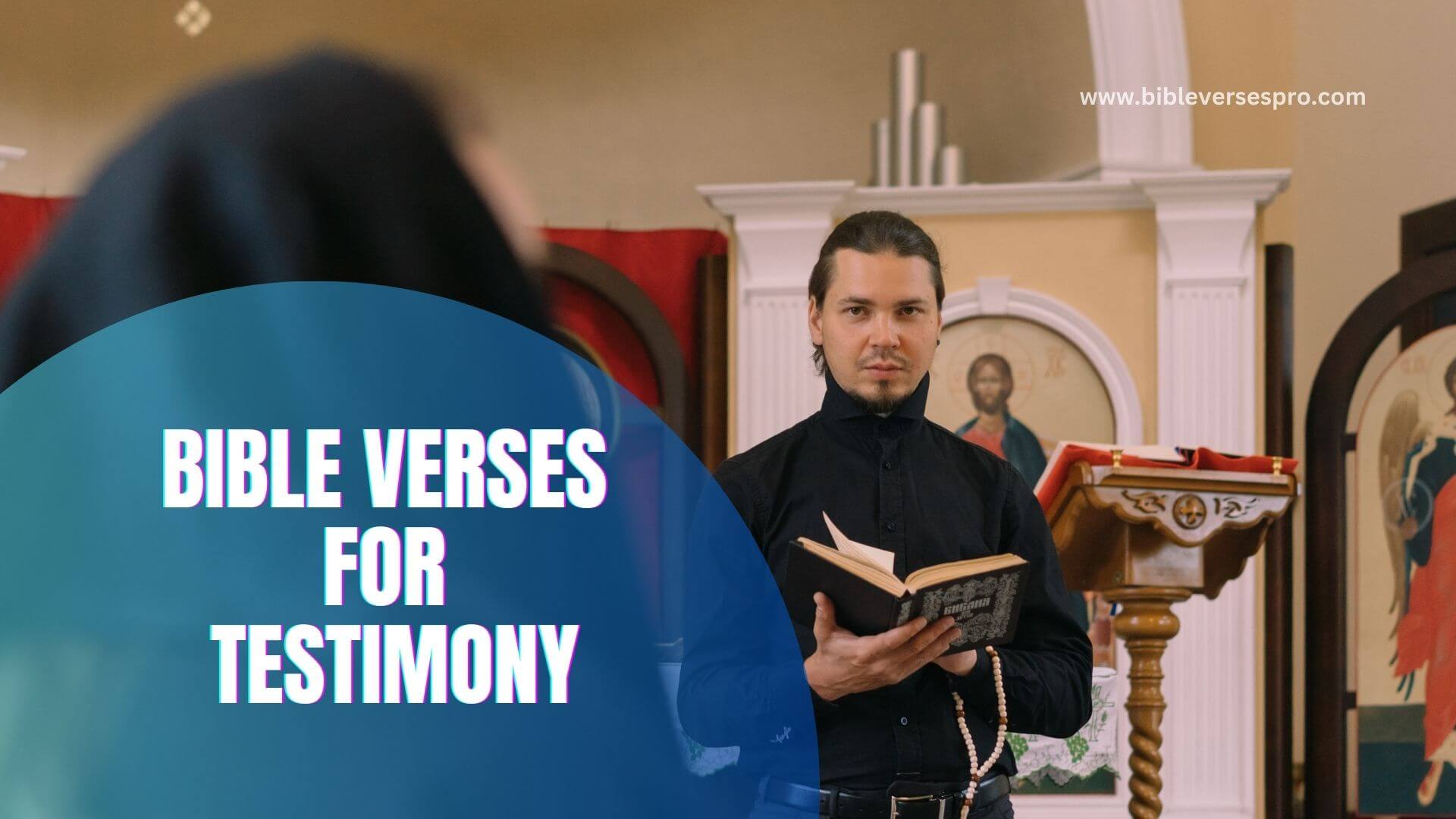The New Testament is a rich source of stories and teachings that have shaped Christianity. While often dominated by male figures, it also highlights the significant roles played by remarkable women who emerged as leaders in the early Christian community.
This article explores 11 examples of female leaders in the new testament, shedding light on their contributions, influence, and lasting impact.
From Mary, the mother of Jesus, to Lydia, Priscilla, and many others, these women demonstrated unwavering faith, courage, and leadership, leaving an indelible mark on the history of Christianity.
Examples of Female Leaders in the New Testament
Amidst the stories of Jesus’ ministry and the early Christian community, some remarkable women emerged as influential leaders.
Despite the societal norms of their time, these women displayed unwavering faith, courage, and determination, leaving a lasting impact on the history of Christianity.
From Mary, the mother of Jesus, to Lydia, Priscilla, and others, their stories resonate with inspiration and provide valuable insights into the diverse roles and leadership qualities of women in the New Testament.
Let’s delve into the examples of these female leaders and celebrate their contributions to the faith.
1. Mary, the mother of Jesus
Mary, a young Jewish woman, played a pivotal role in the New Testament as the mother of Jesus.
Her acceptance of the divine plan, announced during the Annunciation, showcases her profound faith and leadership qualities. Mary journeyed to Bethlehem, where she gave birth to Jesus and nurtured him into adulthood.
Throughout Jesus’ ministry, Mary stood by his side, witnessing his crucifixion and resurrection. Her presence and influence in the early Christian community are implied, as she symbolizes the epitome of maternal care, unwavering devotion, and discipleship.
2. Mary Magdalene
Mary Magdalene holds a prominent place among Jesus’ female disciples. Recognized for her unwavering loyalty and commitment, Mary Magdalene witnessed Jesus’ crucifixion, burial, and resurrection.
Her encounter with the resurrected Jesus and subsequent proclamation of the good news established her as a key figure in the early Christian community.
Mary Magdalene exemplifies leadership through her role as a faithful disciple, a devoted witness, and a steadfast messenger of the risen Christ.
3. Lydia
Lydia, a wealthy merchant from Thyatira, encountered the apostle Paul in Philippi. Her conversion to Christianity and subsequent baptism marked the beginning of her leadership journey.
Lydia’s home became a place of hospitality and refuge for Paul and his companions, showcasing her leadership qualities of generosity and support.
Her influence extended beyond her immediate circle, as she played a crucial role in the establishment of the Philippian church.
Lydia’s story exemplifies leadership through her financial resources, hospitality, and commitment to spreading the Gospel.
4. Priscilla (Prisca)
Priscilla, along with her husband Aquila, appears in the New Testament as a prominent couple dedicated to spreading the Gospel.
Priscilla’s encounters with Paul and her active involvement in teaching Apollos highlight her leadership in theological instruction.
As tentmakers and missionaries, Priscilla and Aquila traveled extensively, sharing the message of Christ. Priscilla’s leadership contributions are evident in her partnership with Aquila, her influential teaching, and her impact on the early Christian community.
5. Phoebe
Phoebe, a deacon or servant of the church in Cenchreae, is mentioned by Paul in his letter to the Romans.
Her association with Paul and the trust he placed in her to deliver his letter exemplify her leadership qualities. Phoebe’s role as a deacon suggests her active engagement in service to the church and her community.
As a trusted messenger and supporter of Paul’s ministry, Phoebe emerges as a remarkable female leader, embodying characteristics of faithfulness, responsibility, and dedication.
6. Junia
Junia is mentioned by Paul as a fellow prisoner and apostle, showcasing her influential role in the early Christian community.
Though some translations have obscured her gender, Junia’s status as outstanding among the apostles highlights her leadership and contribution to the spreading of the Gospel.
Her presence challenges traditional notions of female leadership and demonstrates the early acceptance of women in significant positions within the church.
7. Dorcas (Tabitha)
Dorcas, also known as Tabitha, stands out for her acts of charity and her dedication to helping the poor.
Her leadership qualities are evident in her tireless efforts to serve the community, making garments for the needy.
Following her death, Peter’s visit and the miraculous restoration of her life showcase the impact of her benevolent work. Dorcas’ leadership in acts of kindness and her compassionate spirit continue to inspire Christians to serve others selflessly.
8. Joanna
Joanna, associated with Herod’s household, encountered Jesus and became one of his disciples.
Her role as a supporter and benefactor is indicative of her leadership and influence. Joanna’s presence during Jesus’ crucifixion, burial, and her participation in the proclamation of the resurrection exemplify her commitment and dedication to the teachings of Jesus.
Her story highlights the importance of women in leadership roles and their active participation in spreading the Gospel.
9. Salome
Salome mentioned in relation to Jesus’ crucifixion, burial, and the discovery of the empty tomb played a significant role as a witness to the resurrection.
While the extent of her leadership role is not explicitly detailed, Salome’s presence during these pivotal events underscores her importance in the early Christian community.
Her witness and devotion contribute to the foundational narratives of Christianity, emphasizing the vital role of women in sharing the message of Christ.
10. Mary and Martha
The story of Mary and Martha offers contrasting perspectives on discipleship and leadership.
Mary’s choice to sit at Jesus’ feet, prioritizing spiritual nourishment, demonstrates her leadership in seeking knowledge and intimacy with Christ.
Martha’s concern for hospitality highlights her leadership in providing practical care. Jesus’ teachings emphasize the value of both approaches, encouraging a balance between contemplation and action in Christian leadership.
11. Euodia and Syntyche
Euodia and Syntyche, mentioned in Paul’s letter to the Philippians, represent women engaged in ministry and leadership within the early Christian community.
While their exact roles are not specified, their mention in a letter urging them to reconcile implies their significance and influence.
Euodia and Syntyche remind us of the importance of unity and cooperation in Christian leadership, setting an example for resolving conflicts and working together for the advancement of the Gospel.
Female Preachers In The New Testament
In the New Testament, there are instances of women engaging in preaching and sharing the message of Jesus Christ.
While the role of women in teaching and preaching varied across different contexts, there are notable examples of female preachers who played a significant role in the early Christian community. Let’s explore some of these instances:
1. Mary Magdalene
Mary Magdalene, one of Jesus’ devoted followers, holds the distinction of being the first person to witness and proclaim the resurrected Christ.
In John 20:17-18, Jesus appears to Mary after his resurrection, and she becomes the first to announce the good news of his resurrection to the disciples, effectively becoming an apostle to the apostles. Her proclamation makes her a prominent female preacher in the New Testament.
Priscilla (Prisca)
Priscilla, along with her husband Aquila, is mentioned several times in the New Testament. They played a significant role in teaching and mentoring others in the faith.
In Acts 18:26, Priscilla and Aquila encounter Apollos, an eloquent preacher who had limited knowledge of the Gospel.
They took him aside and explained the way of God more accurately. Priscilla’s active involvement in instructing Apollos highlights her role as a female preacher and teacher.
Phoebe
Phoebe mentioned in Romans 16:1-2, is described by Paul as a deaconess or servant of the church in Cenchreae.
Though the exact nature of her role is not explicitly defined, her designation as a diakonos suggests her involvement in ministry and service to the church.
It is plausible that Phoebe engaged in proclaiming the Gospel and teaching others, making her a significant female preacher.
Junia:
Junia is mentioned in Romans 16:7 as being “outstanding among the apostles.” While some translations have attempted to obscure her gender, the consensus among scholars is that Junia was indeed a woman.
The mention of Junia as outstanding among the apostles implies her influential role as a preacher and missionary, underscoring her prominence as a female preacher in the early Christian community.
Women in Acts
In the book of Acts, several instances highlight the involvement of women in proclaiming the Gospel.
Acts 2:17-18 refers to the fulfillment of the prophecy in Joel 2, stating that both men and women would prophesy. Acts 21:9 mentions Philip’s four unmarried daughters who prophesied.
These passages suggest that women actively participated in preaching and proclaiming the message of Jesus Christ.
Conclusion
The New Testament presents a diverse array of female leaders who defied societal norms and played crucial roles in the early Christian community.
These women exemplified faith, courage, and dedication, leaving an indelible mark on the history of Christianity.
From Mary, the mother of Jesus, to Phoebe, Lydia, Priscilla, and others, their leadership qualities and contributions continue to inspire and challenge believers today.
Recognizing and celebrating these remarkable women is not only a testament to their historical significance but also a reminder of the valuable role women play in the ongoing growth and development of the Christian faith.







